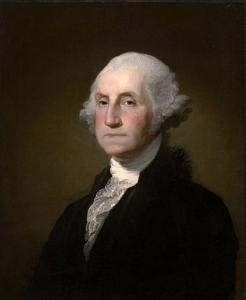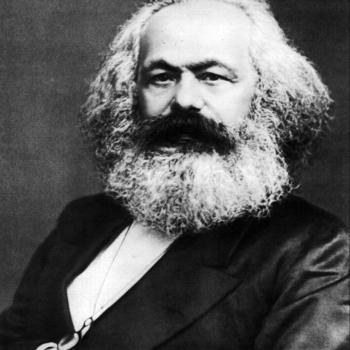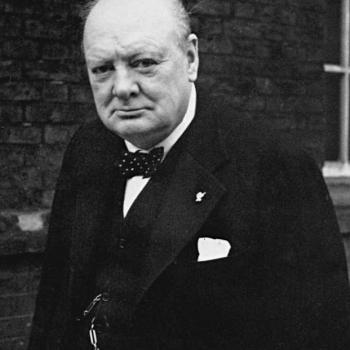I came across this interesting little article on RealClearPolitics this afternoon:
Greatest Day in U.S. History is All But Forgotten
Now I’m not sure if this is actually the greatest day in American history. The unanimous (a term I use loosely) approval of the U.S. Constitution at the convention, the signing of the Declaration of Independence, and the ratification of the 13th amendment all jockey for that singular title. But it was certainly one of the great days in American history.
Regardless, thanks to the series Turn, I’ve been thinking a lot about George Washington’s character lately. Without Washington, could there have been a republican United States? Could the delegates at the constitutional convention ever have conceived of a republican executive without the assurance that Washington would be the first to fill the role? That is, could the radical attempt at taming Machiavelli’s prince (to echo Harvey Mansfield) ever have succeeded if the office were not based on the character of Washington? Washington’s character – not just his reputation – was integral to the creation of the U.S. form of government. Many men throughout history have been well respected or wielded power and influence derived from glory in battle. If Washington had just been a successful revolutionary or well respected for his battlefield acumen, he would have been no different and risen no higher than Napoleon or Oliver Cromwell. The idea of a republican executive would never have been born. Something had to set Washington apart from Cromwell and Napoleon.
The article recounts a story that I find indicative of the sheer strength of Washington’s character and the heart of the idea of a republican executive:
After the fighting had ended and before the peace was signed, King George III of England asked an acquaintance whether Washington would remain in charge of the army or become the new nation’s monarch. When told Washington’s aim was to simply give up his power and return to his farm, the king replied, “If he does that, he will be the greatest man in the world.”
This was not the first time or the last time that Washington gave up power. Prior to the end of the war, Washington put down a military rebellion that sought to abolish congress. After serving two terms as President of the United States, Washington set a truly republican precedent by willingly stepping aside. Put simply, Washington was the right man in the right place at the right time. In the words of another who was the right man at the right time:
Nearly all men can stand adversity, but if you want to test a man’s character, give him power. – Abraham Lincoln
Washington wasn’t perfect. The nation didn’t need him to be perfect. We did, however, need Washington to be uniquely good. And if you accept Lincoln’s test for a man’s character, Washington was truly a uniquely good man. And thus was born the world’s first stable conception and enactment of a republican executive.
On a final note, it is interesting that a republic doesn’t just require an institutionally strong executive to counteract the legislature but also, at the times of its greatest extremity, a powerful statesman (or stateswoman…someday) to embody the office. Think Washington, Lincoln, or FDR. The office itself expands and contracts with the character and statesmanship of the man occupying it. Don’t think too hard about who currently sits in the office.
Savannah Johnston













